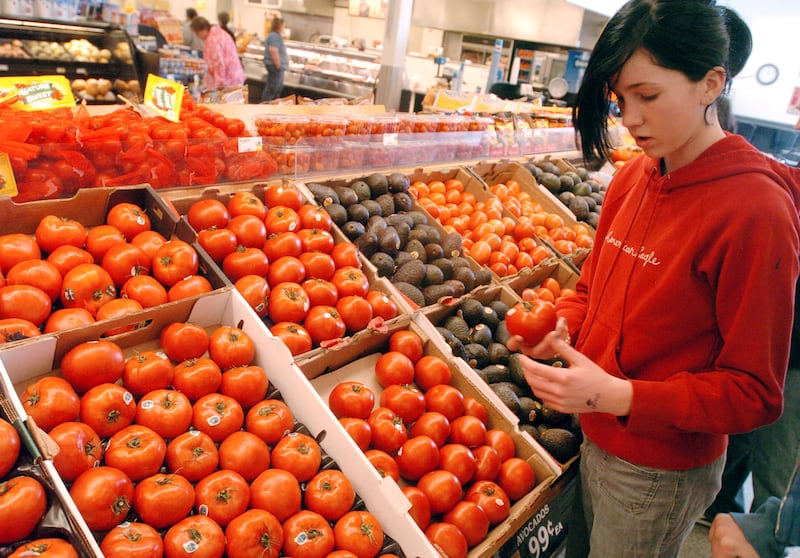If you pick up a food item that you have purchased from the grocery store, you’ll likely find a sticker or a stamp on it that has a date that says “best before.” There is a generally-held assumption that this date marks the expiration date.
With phrases like “best by” or “best before” this date on many food items indicates the peak freshness of a food.
Here’s why some food experts are saying that we should toss out that date.
Is food still good after the ‘best by’ date?
It depends, but the answer isn’t always no.
- According to The Associated Press, some believe that consumers will throw out perfectly edible food after this date. Patty Apple, manager at Food Shift, said, “(Consumers) read these dates and then they assume that it’s bad, they can’t eat it and they toss it, when these dates don’t actually mean that they’re not edible or they’re not still nutritious or tasty.”
- Bloomberg reported that tossing out the best by date and having consumers rely on their own judgment will result in less food waste, because some food can still be eaten after the “best before” date.
- Richard Lipsit, owner of a discount grocery store, spoke to Fox 19 and said that plenty of food can be eaten past its stated expiration date — including milk, which he says can be consumed up to a week after the labeled date.
- Delish explained that the “best before” or “best by” date informs the consumer of when the food hits peak freshness, but does not mean that it cannot be eaten afterwards.
How to know if food is still good?
According to Delish, relying on your senses to determine whether or not food is still good is a route that you can take. For example, if you look at your meat and see that it is slimy, it’s not the best idea to eat it.
Smelling your food can also help you know whether it is good or rotten. Take care to both not waste food and to not get sick.


